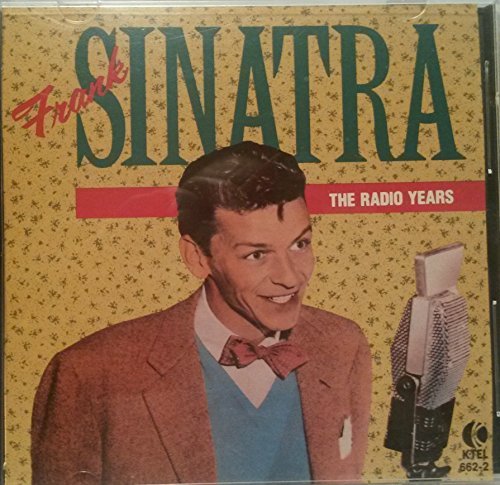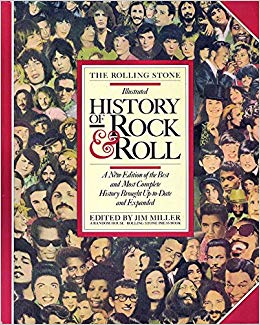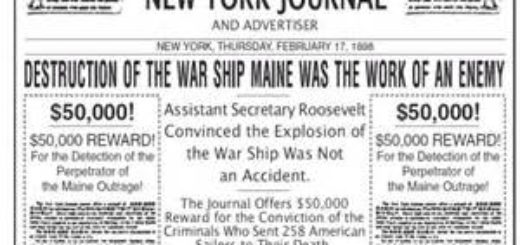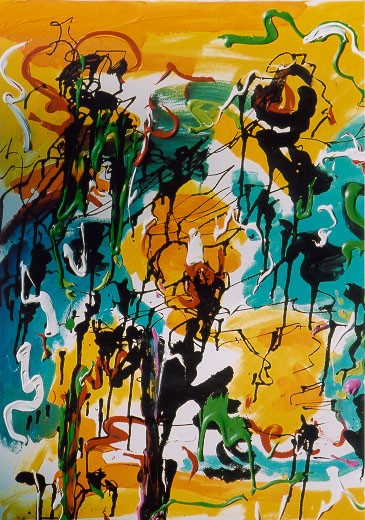Payola, Radio Song Royalties, and Sinatra’s Dying Wish

While streaming compensation was recently bolstered, traditional broadcasters still don’t pay song royalties to performers.
In the Beginning…Payola
At the dawn of the rock ‘n’ roll era, the practice of payola–record companies bribing radio stations to get their songs played–openly flourished. it was the surest way to get your songs played on the radio.
Interestingly, payola allowed small, independent labels to get airplay for the new, exotic sound of rock ‘n’ roll that was just beginning to excite teenage America.
Payola and Rock ‘n’ Roll Were Intertwined

ASCAP–the American Society of Composers, Authors, and Publishers–in 1959 called for Congressional hearings to probe corrupt broadcasting practices. Publishers wanted a piece of the action.
The unspoken villain was rock ‘n’ roll itself: Many saw the new music, with its dancing and race-mixing, as a passing fad and aimed to use the payola scandal to ensure its demise. How wrong they were.
The House Oversight Committee zeroed in on big-time disc jockeys like Allen Freed and Dick Clark and his TV show American Bandstand.Â
Dick Clark & Alan Freed
Using his charm and bewildering statistics, Dick Clark explained to the House committee how songs were selected for his show. Clark signed an affidavit denying any involvement in payola. He escaped unscathed.
DJ Allen Freed, who organized the first rock ‘n’ roll concert while in Cleveland, refused to sign “on principle” and was fired from WABC. Other disc jockeys around the country were similarly dismissed. Freed was eventually tried for commercial bribery and income tax evasion. He died broke at age 43.
The Federal Communications Act was amended on September 13, 1960, to prohibit the payment of cash or gifts in exchange for radio airplay.

Public Performance
Between the payola scandal and the digital age, no money changed hands (in theory, anyway) between record companies and radio stations. Radio airplay was deemed a “public performance,” and performers did not earn royalties each time their song was played on the radio.
As the above graphic shows, royalties were paid to songwriters through music publishers. The US was the only major country in the world that did not pay performers’ royalties. The powerful lobbying group National Association of Broadcasters has beaten back every effort to change the status quo.
Frank Sinatra’s Wish

It was Frank Sinatra, an iconic performer but no songwriter, who began a collective effort to get terrestrial (traditional AM/FM) radio stations to pay royalties to performers.
Starting in 1988 until his death 10 years later, Sinatra urged his fellow artists to “build a unified effort” to lobby Congress to change the law. Sinatra actually wrote letters to the leading artists of the day to get the US to recognize “performers’ rights.”
Nothing changed in Sinatra’s lifetime. But as the internet dramatically changed the music business model from physical stores to downloads to streaming, Frank planted a seed.
The Music Modernization Act
Congress on October 11, 2018, passed into law by unanimous consent a law that consolidated three recent legislative efforts.
The Music Modernization Act would improve how streaming services pay licensing and royalties. A non-profit governing body would establish a database to properly identify license holders and distribute royalties fairly.
Producers, mixers, and sound engineers who were part of the process that created a song would be eligible for royalties.
Wish Unfulfilled
The law also included parts of the Fair Play, Fair Pay Act that set rules for how terrestrial broadcasters paid royalties. The Act included language that would allow recording artists to receive performance royalties. That part did not make it into the final language of the law.
Sinatra’s dream has yet to be fulfilled. It is a fight for another day.


















































































































